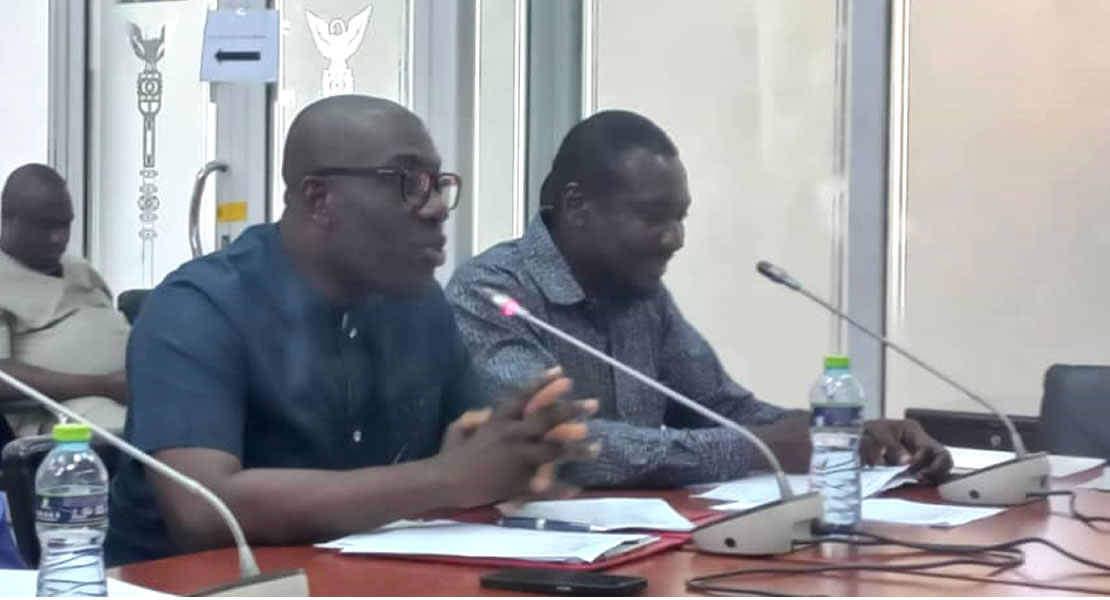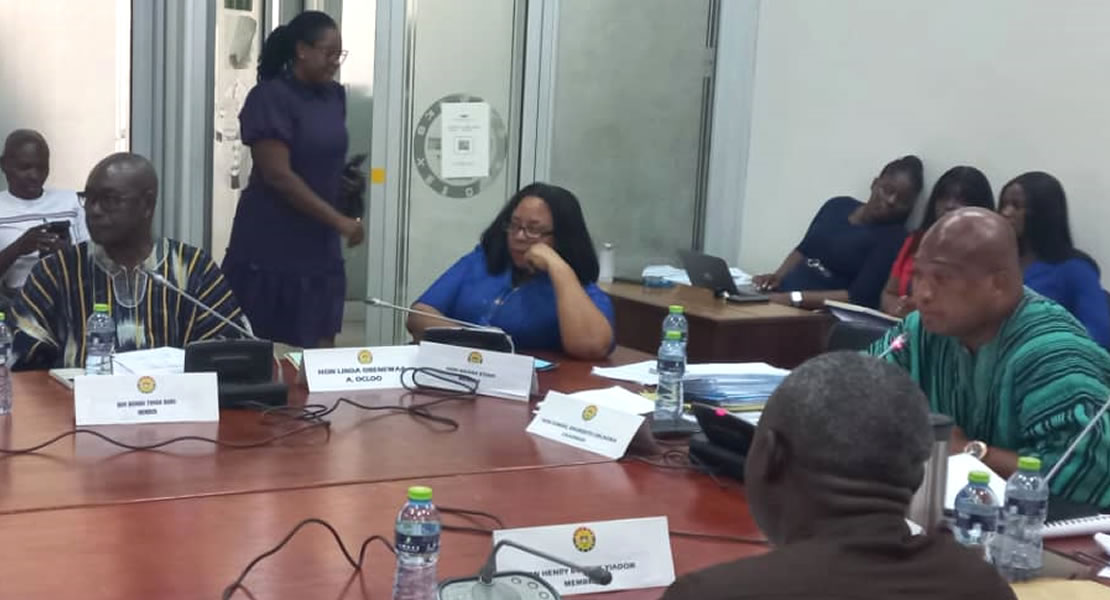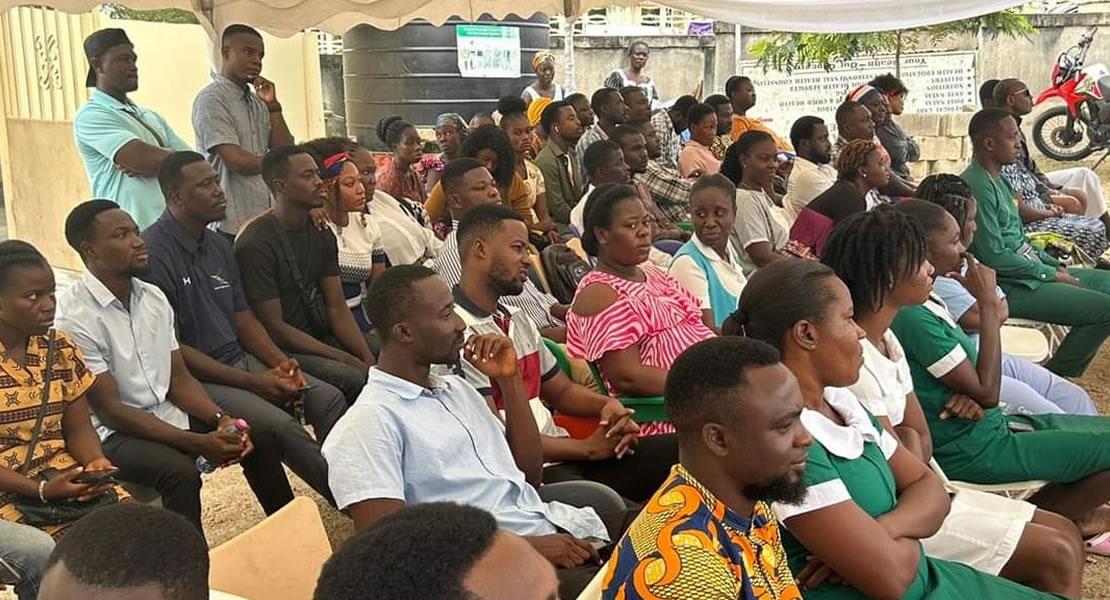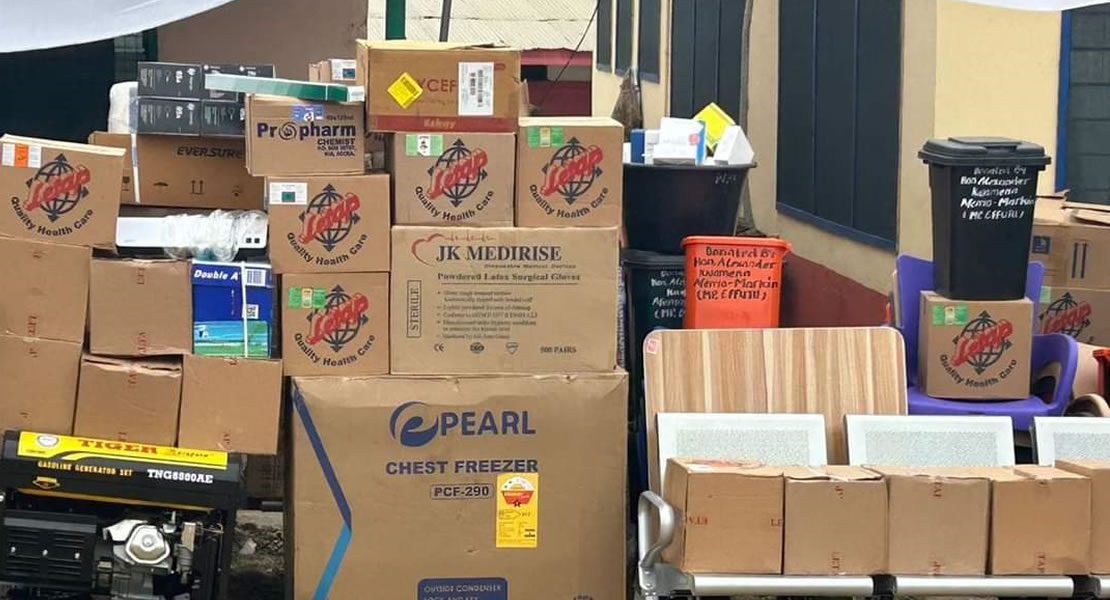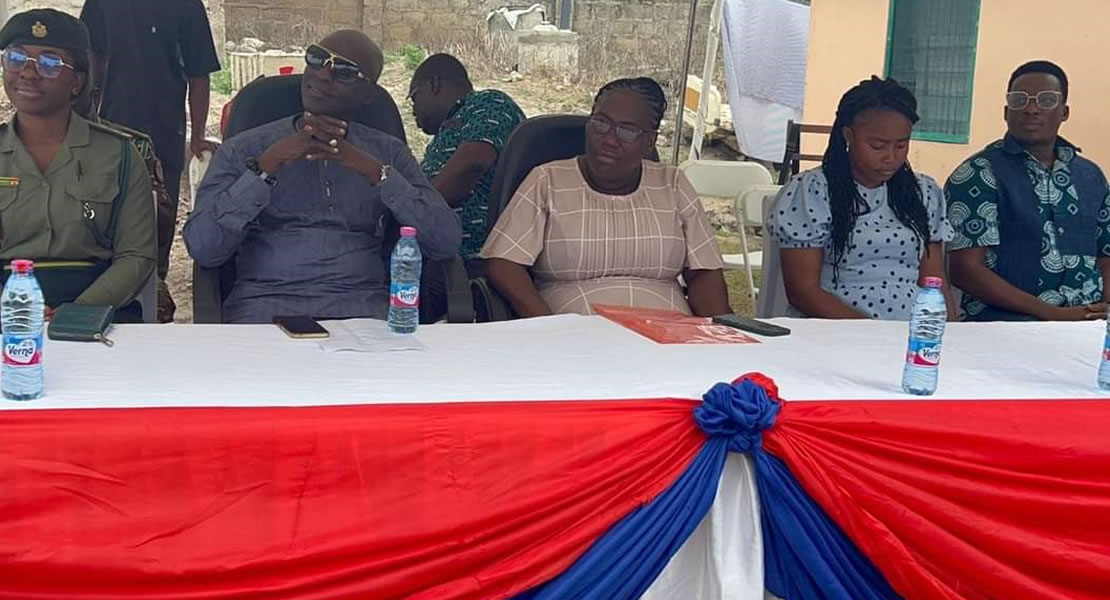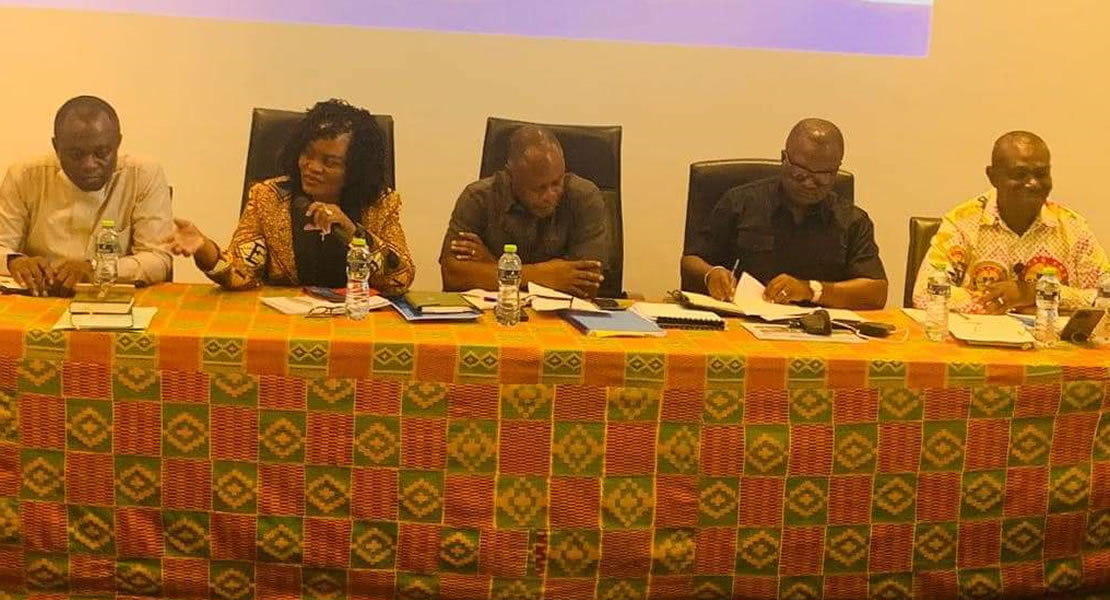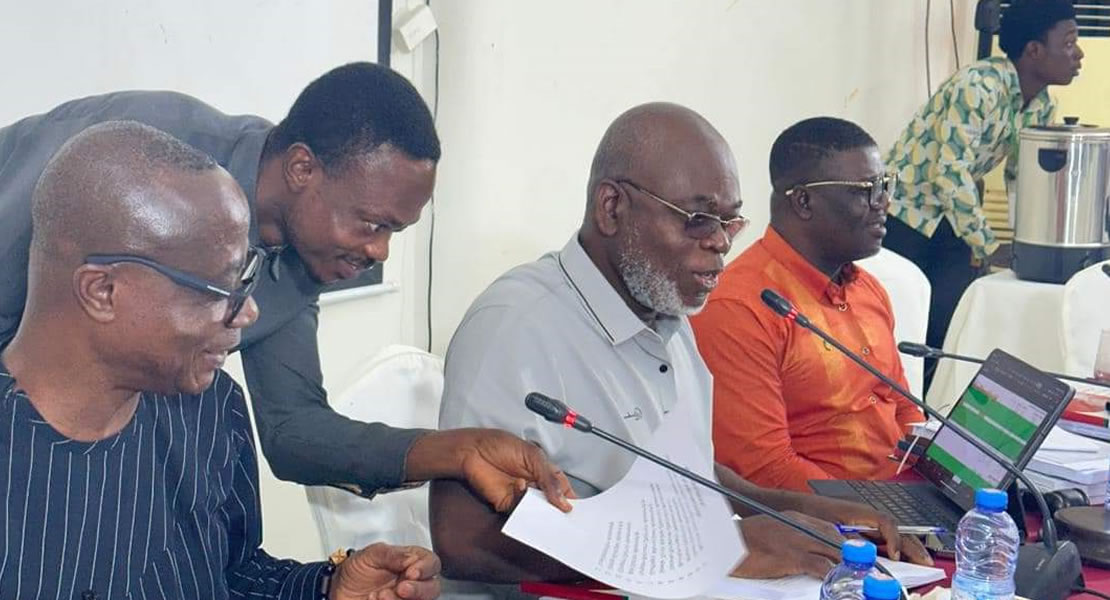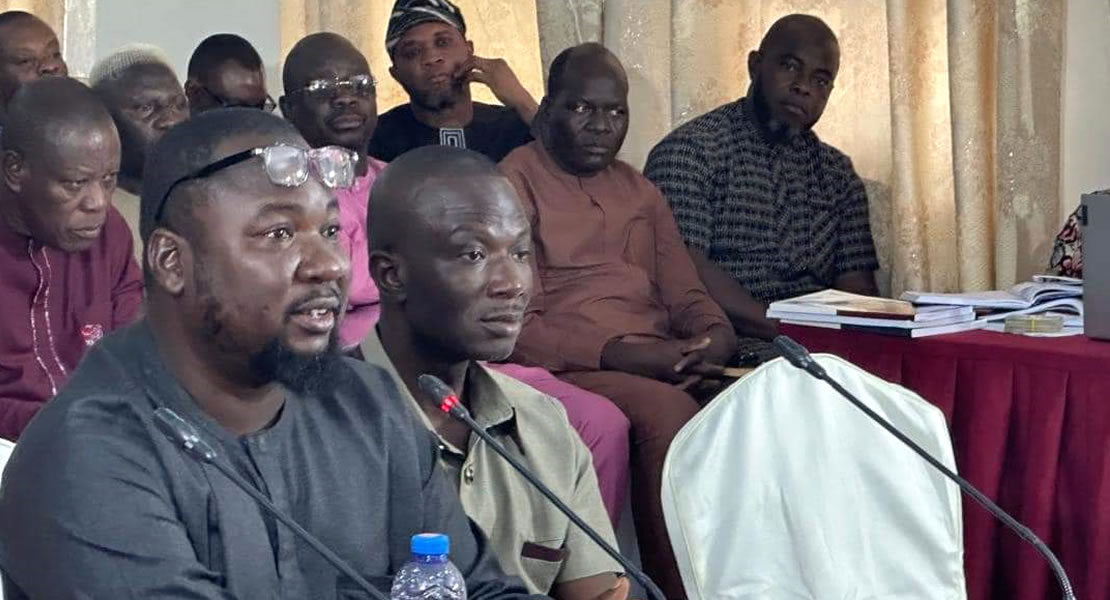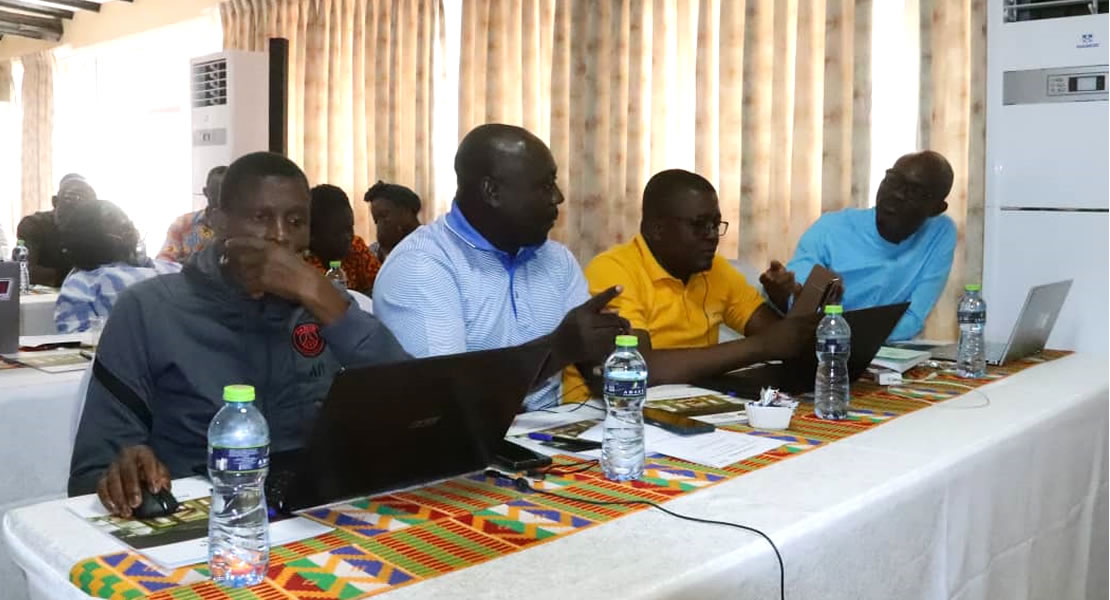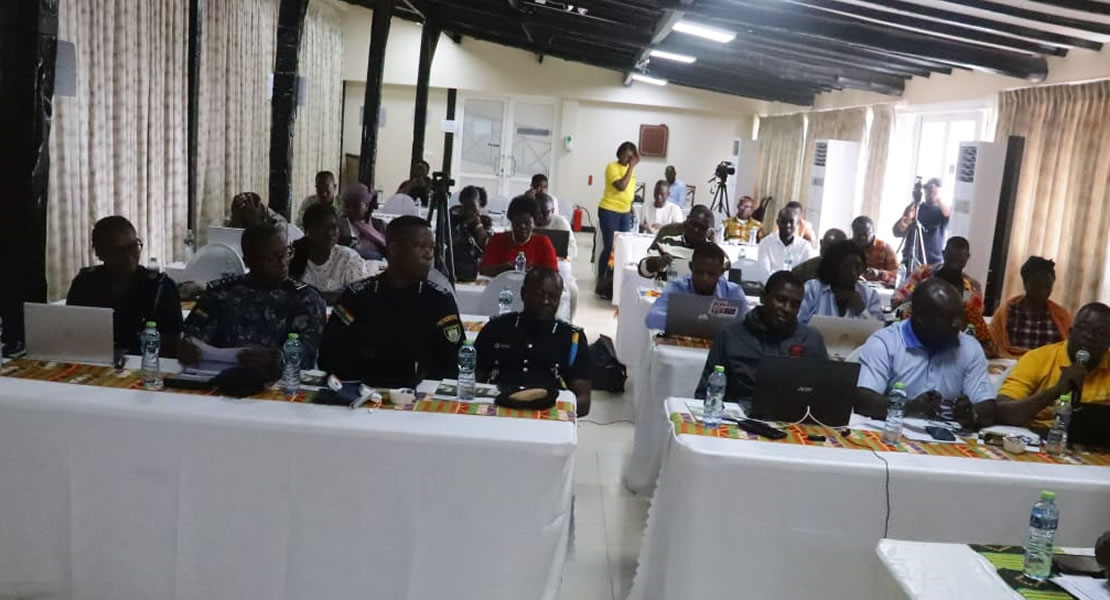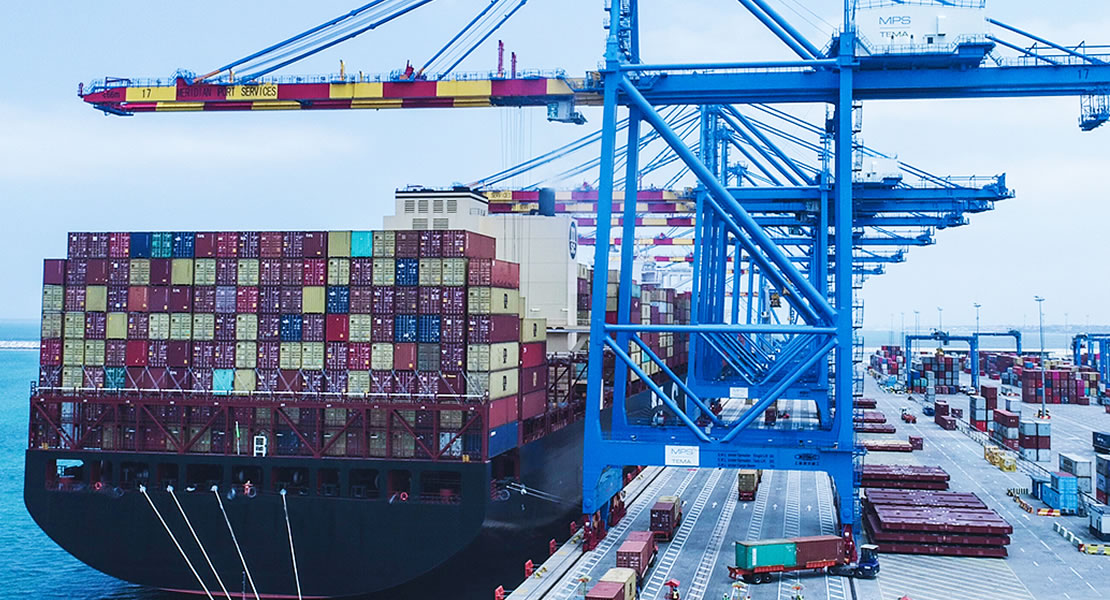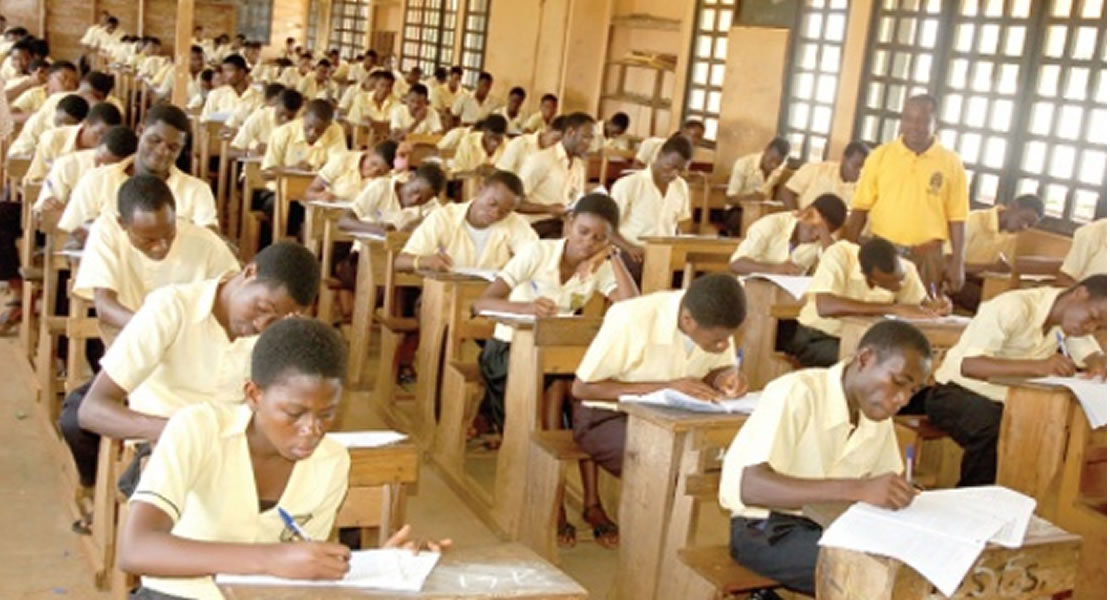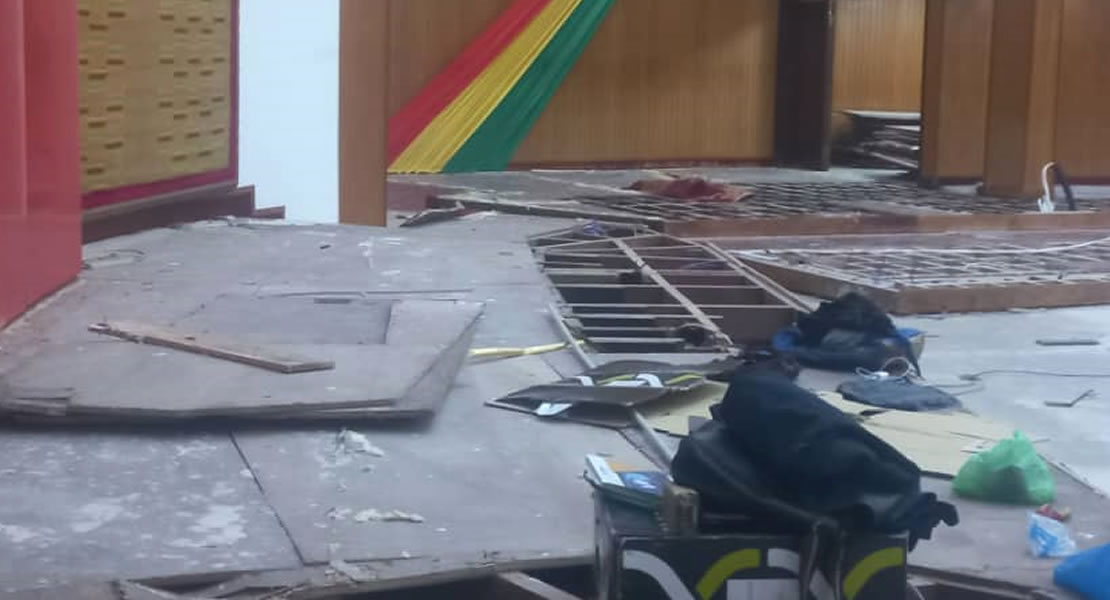The Member of Parliament for North Tongu and Chairman of the Assurances Committee of Parliament Samuel Okudzeto Ablakwa has expressed concern over lack of engagement and interface with the affected people of the Akosombo water spillage in his Constituency.
He made this statement when he appeared before the Ad- Hoc Committee set up by Parliament to Investigate the Akosombo Dam Water Spillage at its first public hearing at Justice DF Annan Auditorium in Parliament.
In furtherance, the North Tongu Legislator posits that, the Inter-Ministerial Committee set up by Government to help deal with issues emanating from the spillage has not worked to his expectations, adding that, he is very disappointed in the thirteen Member Inter-Ministerial Committee; saying ‘’ we don’t know when the Committee is going to meet us, whether is still in force, they are still working, we don’t know when they are going to have their first meeting with us” he stressed.
He indicated that over twelve thousand people who lost their livelihoods due to the spillage without any compensation from government in his constituency will seek legal redress soon.
However, the Chairman of the Ad-hoc Committee, Suleman Adamu Sanid, MP for Ahafo Ano North Constituency in the Ashanti Region pointed out that, he is impressed with the honest submissions from the various stakeholders who appeared before the Committee.
He said ” the witnesses have been very honest, very fair with the facts on the ground and I think we are in a position to submit a very good report to Parliament.
Mr. Suleman emphasized that the Committee is in a position to present a good report that will be acceptable to all.
The Chairman has directed that, all the water and electricity bills of the affected people living in the safe havens be paid by the District Assemblies.
The District Chief Executives have been charged to pay the bills. “These are initial recommendations that we have made, and we think that this shouldn’t wait for our report but should be acted upon as quickly as possible”
The Volta River Authority (VRA) and two more District Assemblies are also scheduled to appear before the Committee soon.
Ghanamps.com
